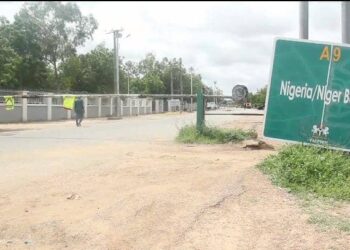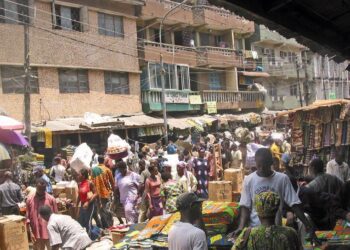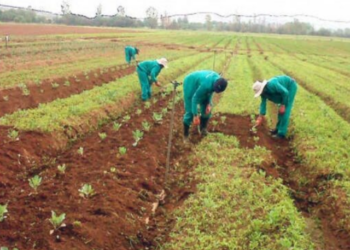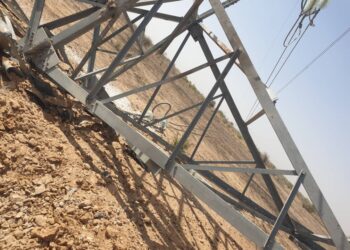The Nigerian security situation has steadily worsened over the years as banditry, kidnapping, insurgency, terrorism, and all sorts of social crimes have spread across all parts of the country. The BokoHaram terrorist group attacks on life and properties have continued unabated in the northern region. Herdsmen attacks on farmers and villagers have been on the increase in the middle belt and spreading steadily to the southern region.
Insurgency in the southeast believed to be an offshoot of the agitation for self-determination by the Indigenous People of Biafra (IPOB) has recently taken a turn for the worse. Earlier in June, worshipers at St Francis Catholic Church Owo, Ondo State, were shot at during a Sunday service. No fewer than 40 worshippers, including four children, were reportedly killed on the church premises by gunmen. There have been rumours that the attack was masterminded by members of the Islamic State West Africa Province (ISWAP).
In a recent development, scores of gunmen believed to be terrorists on Tuesday night bombed the Kuje Medium Security Custodial Centre, Abuja, which according to a report by Punch Newspaper, was guarded by dozens of soldiers, Department of State operatives, police officers and Nigeria Security and Civil Defense Corps personnel. The report stated that during the attack, which began around 10:22 pm, the terrorists released 600 inmates,
including 15 deadly Boko Haram commanders who masterminded the March 28 attack on the Kaduna-Abuja train at Katari, Kaduna, in which eight persons were killed and over 68 passengers kidnapped.
ISWAP claimed responsibility for the attack in a 30-second video which showed the gunmen setting ablaze vehicles parked at the premises. We note that the Kuje attack came barely hours after some terrorists attacked a presidential advance convoy ahead of President Buhari’s trip to his hometown in Daura for the Sallah celebrations.
This heightened level of threats to life has created untold drawbacks in economic activities, particularly in the rural areas where farming is their mainstay and the entire nation relies on for food supplies. Specifically, the report stated that 49 Boko Haram leaders and 237 others were freed. Apparently, this has heightened insecurity concerns in Abuja and the entire nation at large.
Earlier in the year, Borno State Governor, Professor Babagana Zulum, expressed concern about the increasing sophistication and spread of the terrorist group, Islamic State’s West Africa Province (ISWAP), in the state. He noted that the federal government must do everything in its power to defeat ISWAP now, or else the menace constituted by the Boko Haram terrorist sect would be nothing compared to what the group would do when they gain stability. According to him, the ISWAP terrorist group is more sophisticated, better funded and more educated than their Boko haram counterparts.
An analysis by the Nigerian Financial Intelligence Unit (NFIU) between 2020 and 2021 had indicted some 96 financiers of terrorism in the country, 424 associates of the financiers, and the involvement of about 123 companies and 33 bureaux de change. It said the inquiry also identified 26 suspected bandits/kidnappers and seven co-conspirators.
Bringing peace to the Northeast, and by extension to the North generally, is important. Beyond threatening food security in the country, the recent developments pose a grave danger to the successful conduct of the 2023 general elections.
CSL Stockbrokers Limited, Lagos (CSLS) is a wholly owned subsidiary of FCMB Group Plc and is regulated by the Securities and Exchange Commission, Nigeria. CSLS is a member of the Nigerian Stock Exchange.
















.gif)






